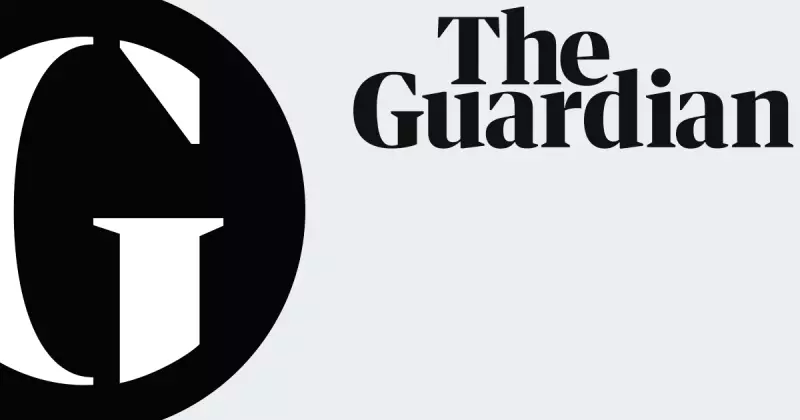
In recent years, the rhetoric surrounding migration in the UK has undergone a dramatic shift. What was once confined to the fringes of political discourse has now entered the mainstream, influencing policy debates and public sentiment.
The Rise of Anti-Immigration Narratives
Far-right groups and politicians have successfully amplified anti-immigration messaging, framing it as a matter of national security and cultural preservation. This narrative has gained traction, particularly in the wake of Brexit, where immigration was a central issue.
From Margins to Mainstream
Once considered extreme, these views are now echoed by mainstream political parties and media outlets. The language used—terms like "invasion" and "crisis"—has become commonplace, shaping how migration is discussed in the public sphere.
The Impact on Policy
This shift in rhetoric has had tangible effects on UK immigration policy. Stricter border controls, harsher asylum rules, and a focus on reducing net migration have all been justified using far-right talking points.
Public Opinion and Polarisation
As these narratives take hold, public opinion has become increasingly polarised. Surveys show a growing divide between those who view immigration as a threat and those who see it as beneficial to the economy and society.
The Role of Media
Mainstream media has played a significant role in normalising far-right rhetoric. Sensationalist headlines and unbalanced reporting have contributed to a climate where anti-immigration sentiment is often presented as the default position.
Looking Ahead
The challenge now is to counter these narratives with fact-based discourse. Experts warn that without a concerted effort to reframe the debate, the UK risks further division and the erosion of its multicultural identity.





